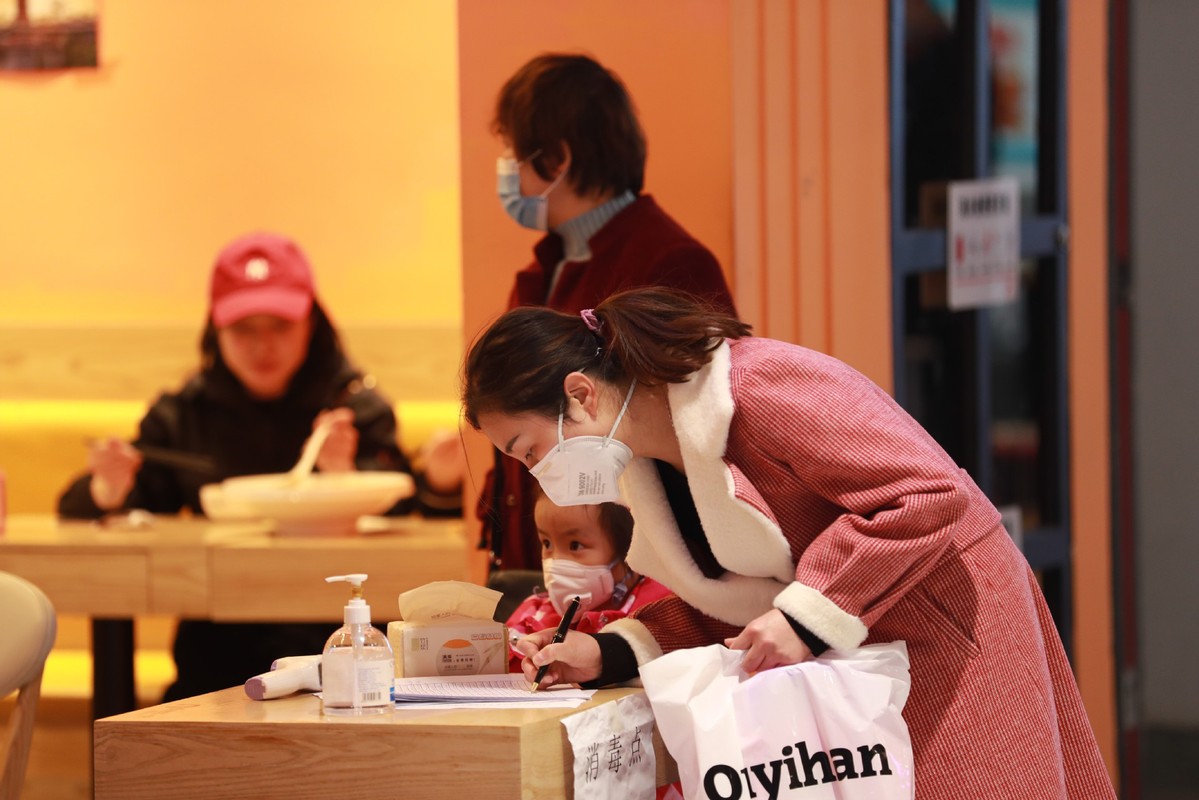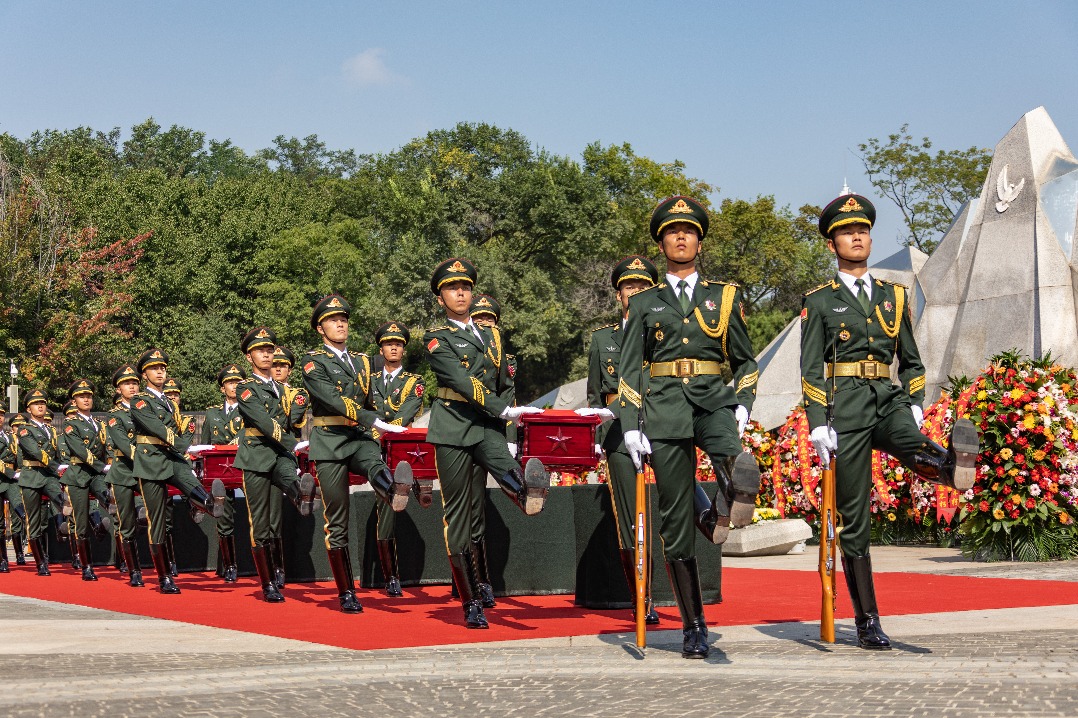2.5-day weekend piloted to boost consumption


Many cities in six provinces and regions as of Monday have adopted a flexible weekend policy, or 2.5-day weekend, to boost consumption and tourism as the COVID-19 outbreak has been largely controlled in the country.
These cities are in Hubei, Jiangxi, Zhejiang, Anhui and Gansu provinces, as well as the Inner Mongolia autonomous region. Yichang, Central China's Hubei province, became the latest city to carry out the policy on Monday.
In 2015, the State Council, China's cabinet, issued a guideline to encourage introduction of flexible weekend policies to boost tourism, but few cities implemented then. However, the pandemic has provided new motivation for the measure.
According to regulations in relevant cities, employees in Party organs, government departments, State-owned enterprises and public institutions will be allowed to leave work at noon on Fridays.
The new measures will be put in place in cities such as Yichang of Hubei province and Shengzhou of Zhejiang province from July to the end of the year, and Hulun Buir of Inner Mongolia between June 10 and Sept 30.
Employees who enjoy the 2.5-day weekend should work longer on other workdays to fulfill the standard requirement for weekly working hours.
- Liaison office of central govt spokesperson hails Macao SAR 8th Legislative Assembly election
- China discovers highest-altitude Qin Dynasty engraved stone on Qinghai-Tibet Plateau
- Traditional culture enthusiasts experience handicraft exchange at museum in China's Xinjiang
- Promoting intl rule of law for fairer global governance
- Sovereign equality is anchor of fairer global governance
- Xi's vision for better global governance seeks to build a fairer world





































